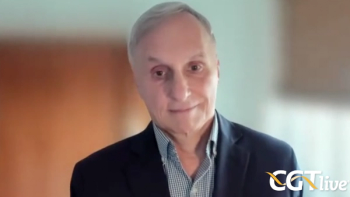
The chief medical advisor of Muscular Dystrophy Association (MDA) gave his view on treatment decision-making in the world of new options for DMD.

The chief medical advisor of Muscular Dystrophy Association (MDA) gave his view on treatment decision-making in the world of new options for DMD.
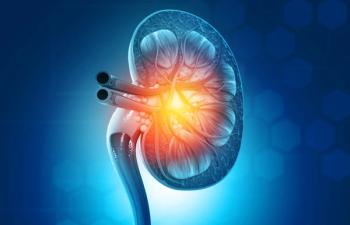
The company also reported that it is discontinuing the phase 3 REGEN-016 (PROACT 2) clinical trial evaluating rilparencel in Spain.
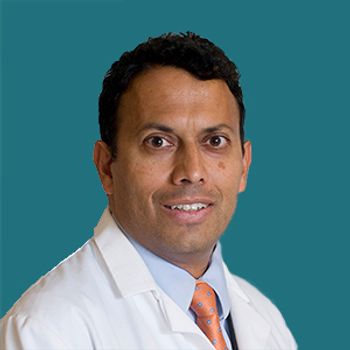
The gene therapy is currently being evaluated in the phase 1/2 CANaspire clinical trial.

Catch up on the latest news, breakthroughs, and announcements from biotechnology companies making advancements in cell and gene therapies.

Xandra Breakefield, PhD, an investigator of neurology at Mass General Research Institute, discussed research from her grad student, Lisa Nieland, presented at the ASGCT 2024 meeting.
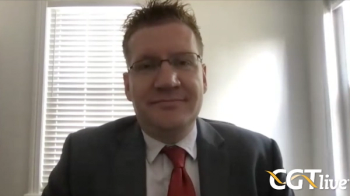
The pediatric neurologist in the Division of Neurology at Children’s Hospital of Philadelphia discussed how Sarepta’s Elevidys has affected the landscape of care for DMD.
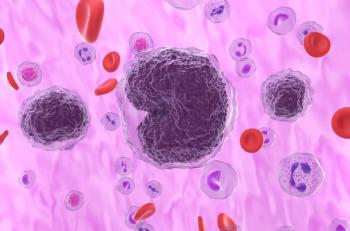
The cell therapy, originally developed by Precision BioSciences, is being evaluated for LBCL by Imugene.
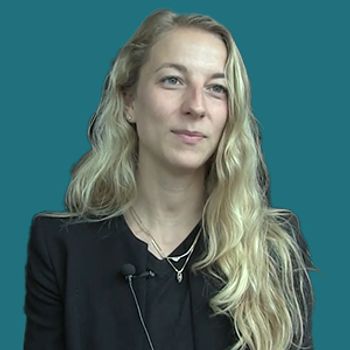
Lisa Nieland, a PhD candidate from Lieden University Medical Center and Breakefield Lab at Mass Gen, discussed her work presented at the ASGCT 2024 meeting.

Biogen plans to submit for regulatory approval for a higher dose based on the positive topline data from the phase 2/3 DEVOTE study (NCT04089566).
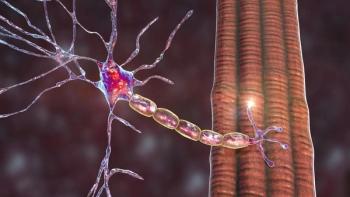
In honor of World Duchenne Awareness Day, held September 7, several experts have provided their insights on the real-world experience of gene therapy’s use in Duchenne muscular dystrophy.
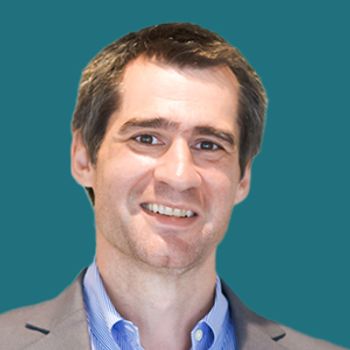
Miloš Miljković, MD, the chief medical officer of Cartesian Therapeutics, discussed data presented at ASGCT 2024 from a phase 2a study.
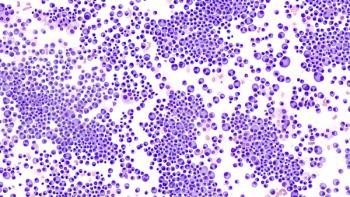
Pending the results of the trial, Cartesian plans to eventually evaluate Descartes-15 for the treatment of autoimmune diseases.

The data come from the pivotal part B cohort of the phase 2/3 DEVOTE clinical trial.
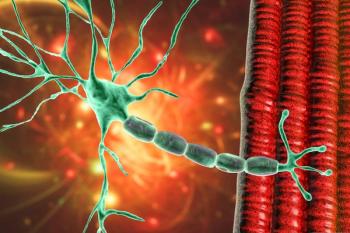
Notably, the therapy previously received rare pediatric disease designation from the FDA in July 2024.

Catch up on the latest news, breakthroughs, and announcements from biotechnology companies making advancements in cell and gene therapies.
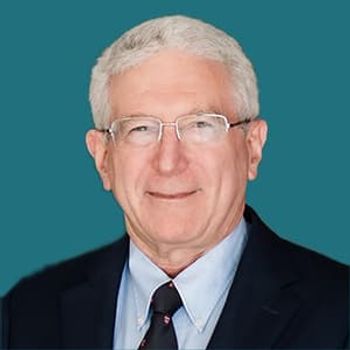
Among patients who received the pivotal dose level, a median reduction of 85% in HS D2S6 levels was seen in the CSF.
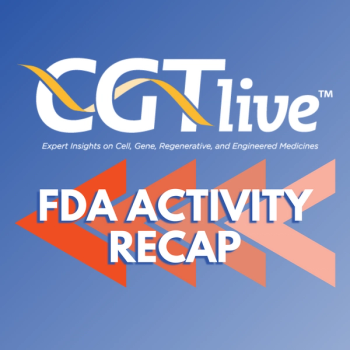
Catch up on any of the key FDA news stories you may have missed last month, with coverage highlights from the CGTLive® team.
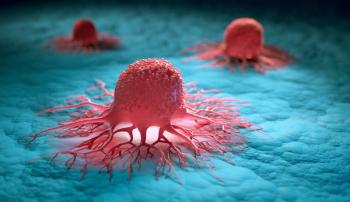
GT201 previously received IND clearance from China’s Center for Drug Evaluation in July 2023.
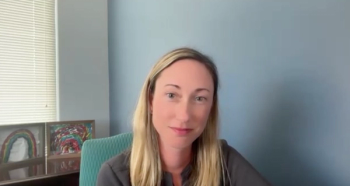
The director of neurology and neuromuscular medicine at the Children’s Hospital of the King’s Daughters in Norfolk, Virginia, spoke about the enhancements to newborn screening for the disease.
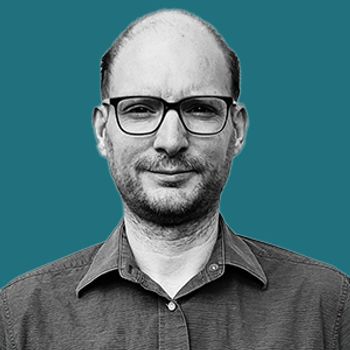
David Dimmock, MBBS, the chief medical officer at Creyon Bio, discussed future applications for the company’s AI-guided discovery platform.
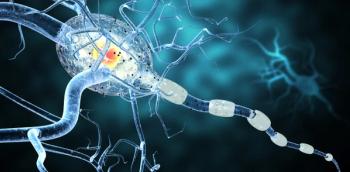
The therapy is being developed for the treatment of patients with progressive MS who have imaging evidence of ongoing inflammatory tissue injury and who are HLA-DRB1*15:01 positive.

Review top news and interview highlights from the week ending August 30, 2024.
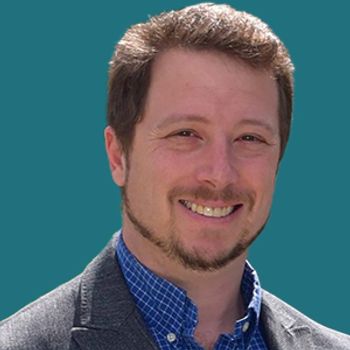
Scott Jeffers, PhD, the chief technology officer at GenSight Biologics, discussed using Verdot’s FlexiPro system to produce Lumevoq gene therapy.
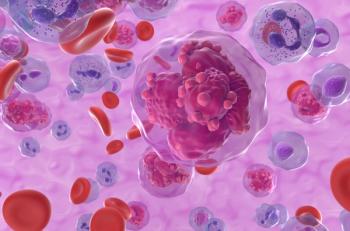
Among the treated patients, the complete response (CR) rate in adults was 82% and the CR rate in children was 93%.

David Dimmock, MBBS, the chief medical officer at Creyon Bio, discussed findings from a patient treated for a TNP02 missense mutation.
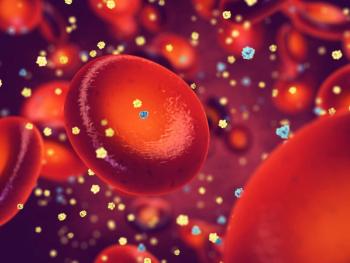
Amarna noted that the meeting, which took place on July 31, 2024, provided the company with feedback on the overall development plan for AM510.

Catch up on the latest news, breakthroughs, and announcements from biotechnology companies making advancements in cell and gene therapies.

David Dimmock, MBBS, the chief medical officer at Creyon Bio, discussed the development of an allele-selective ASO for a single patient with a de novo pathology.

The NMPA’s decision was made with reference to results from the phase 2 CARTIFAN-1 clinical trial (NCT03758417), which took place at multiple sites in China.